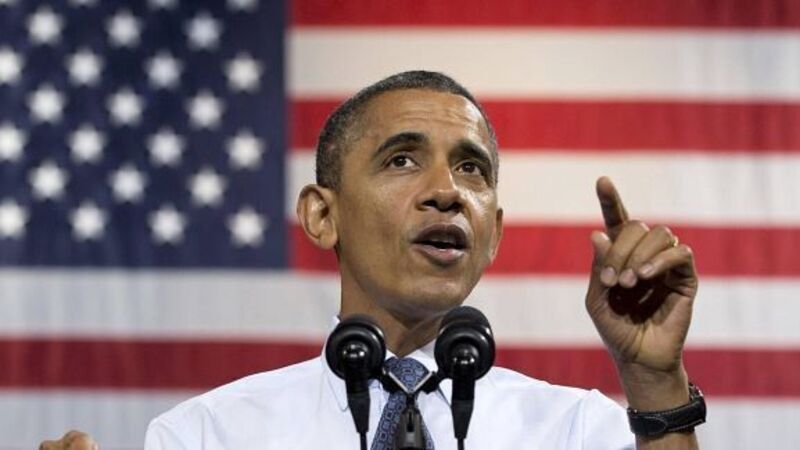Secret US meetings with Cuba pay off

PRESIDENTS frequently conduct sensitive diplomatic dialogues in secret, because the furore of public attention makes it politically impossible to reach the compromises necessary for agreement.
These secret talks are often crucial for diplomatic advances — as we learned Wednesday with the stunning revelations about the impending talks between Washington and Havana that have been under way secretly for the past few months.
















